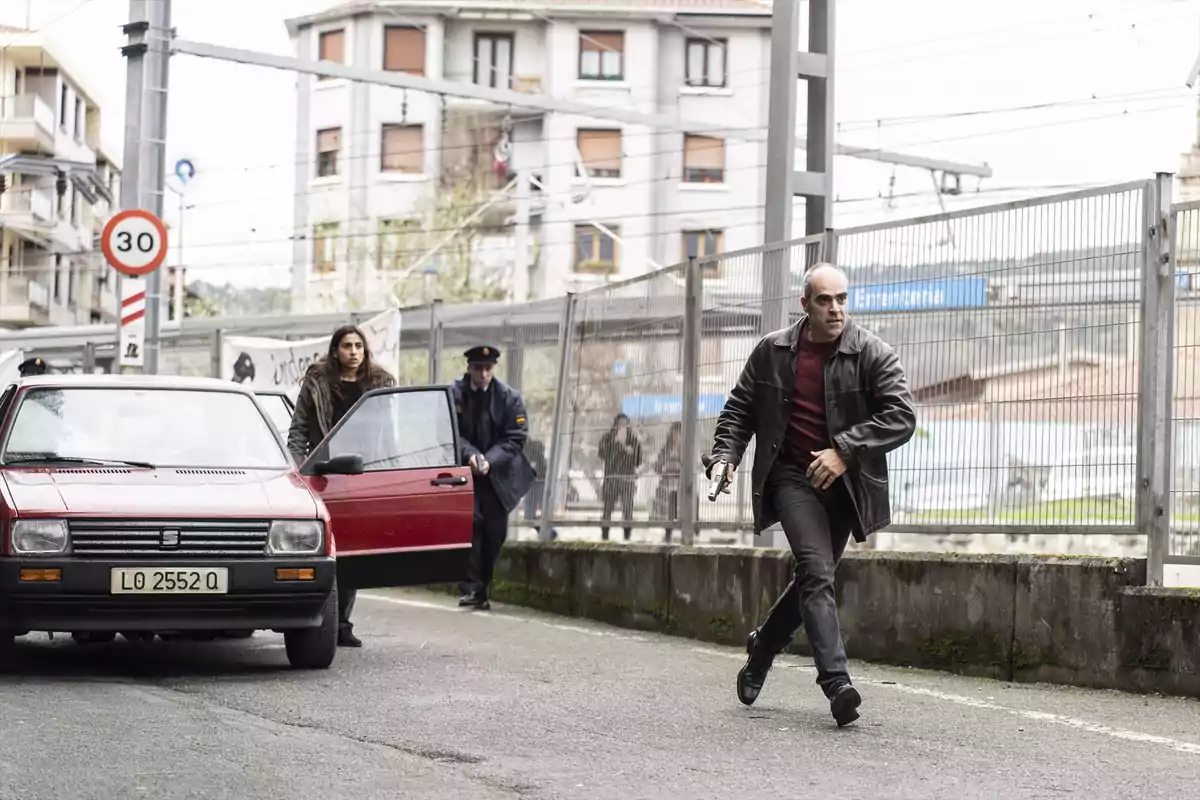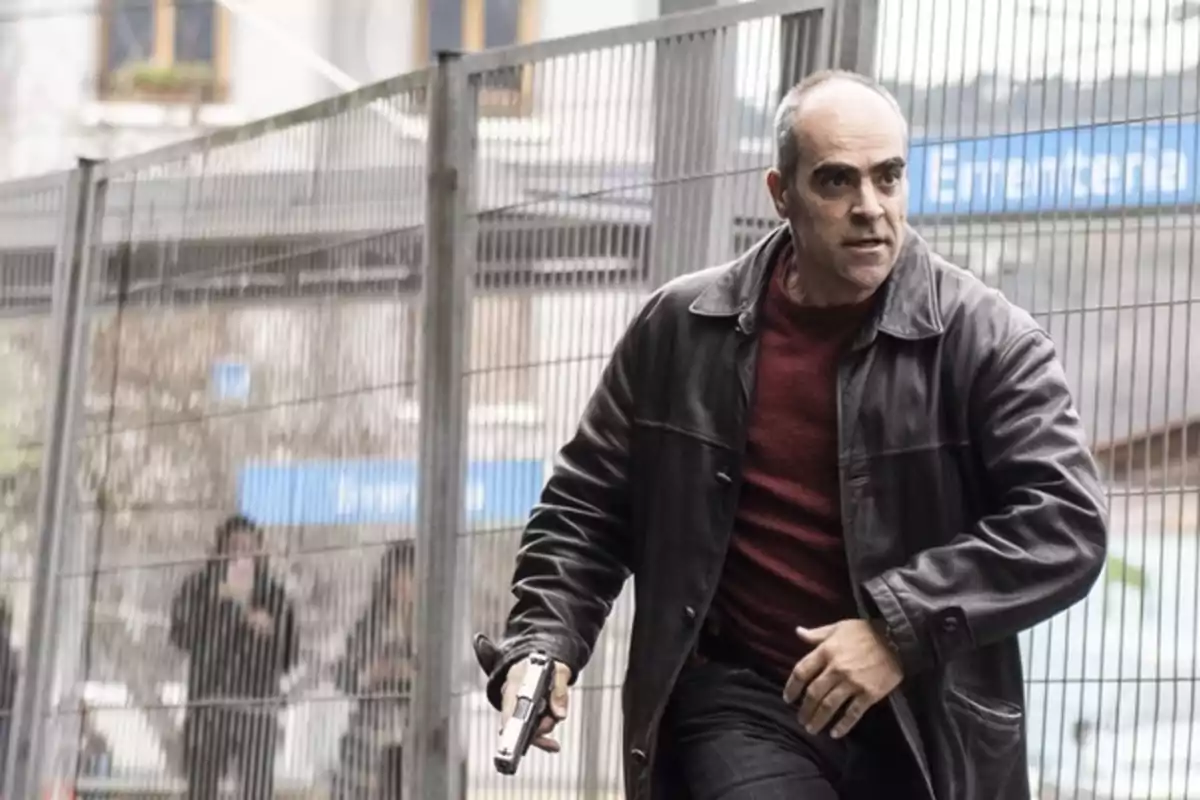
'The Infiltrator' Sparks Criticism from Pro-ETA Supporters After Its Success at the Goya Awards
During the gala, producer María Luisa Gutiérrez dedicated the award to the victims of ETA terrorism.
The recent triumph of "La infiltrada" at the Goya Awards has caused a great stir. The film, which tells the story of an undercover agent in ETA, shared the award for Best Film.
During the gala, producer María Luisa Gutiérrez dedicated the award to the victims of ETA terrorism. In her speech, she highlighted the importance of remembering Spain's recent history. "Historical memory is also for the recent history of this country."
These statements provoked adverse reactions in sectors of the Basque left. Both criticized the awarding of a film that acknowledges the role of undercover police in ETA.

The youth of Bildu demonstrated in Bilbao with banners that read: "Infiltration equals torture." Media close to Bildu have also linked the role of undercover police in ETA to a "long and bloody history in Euskal Herria."
The film, directed by Arantxa Echevarría and starring Carolina Yuste, has been a box office success, grossing nearly 8.5 million euros. It tells the story of a police officer who, after several years undercover in the Basque left-wing environments, manages to integrate into an ETA commando over the years.

In this context, producer María Luisa Gutiérrez has defended the need to address these stories in cinema to contribute to the debate and reflection on the recent past. However, the criticisms from Bildu and Podemos highlight the existing polarization around this type of narrative.
As "La infiltrada" continues its journey in festivals and cinemas, it is foreseeable that the debate around its theme and approach will remain relevant, reflecting the complexities of addressing sensitive topics in Spanish film production.
The film has opened a conversation about the role of art in representing historical events and how these representations can influence public perception and collective memory.
Meanwhile, the public and critics continue to analyze "La infiltrada" from various perspectives, showing the power of cinema to generate dialogue and reflection in society.
More posts: